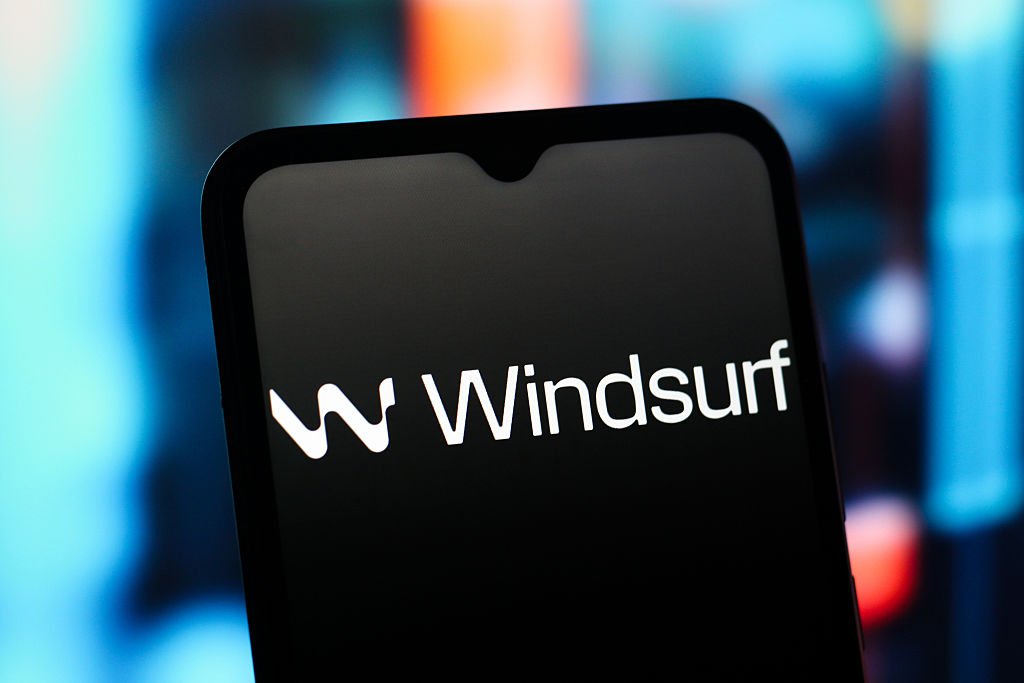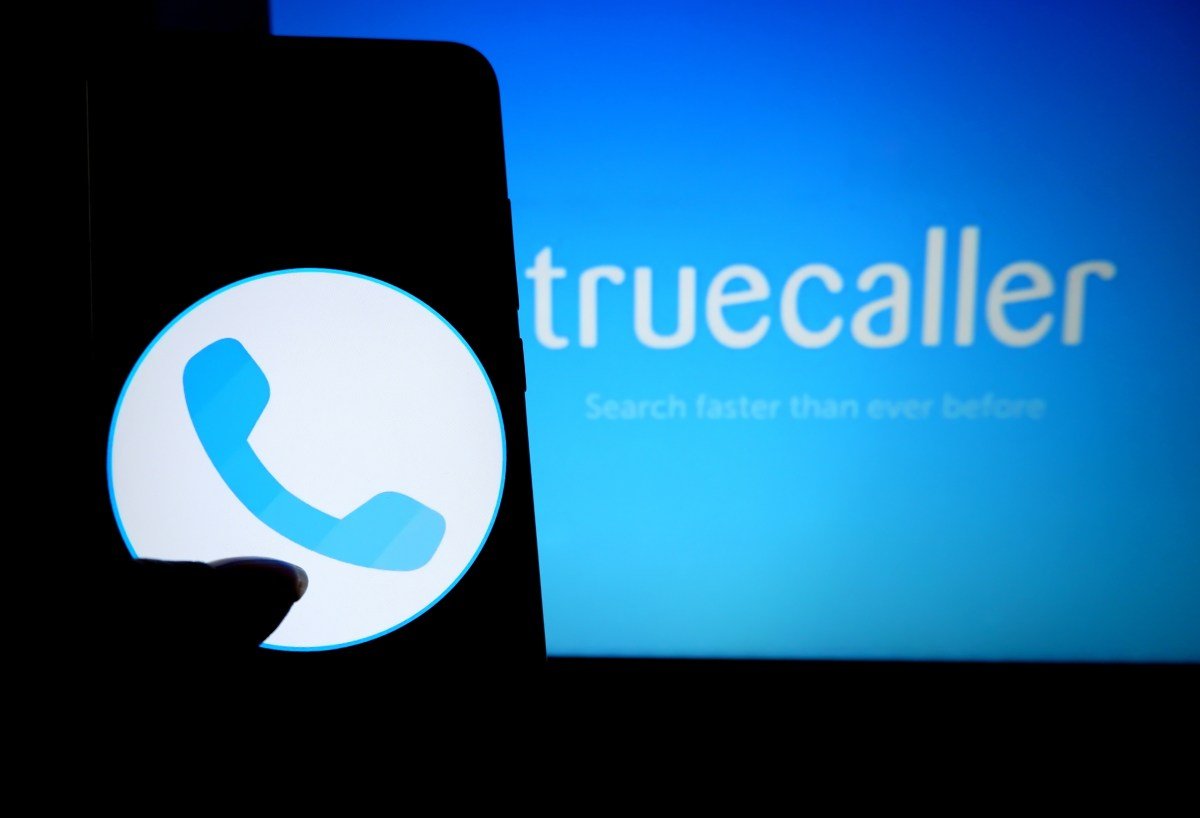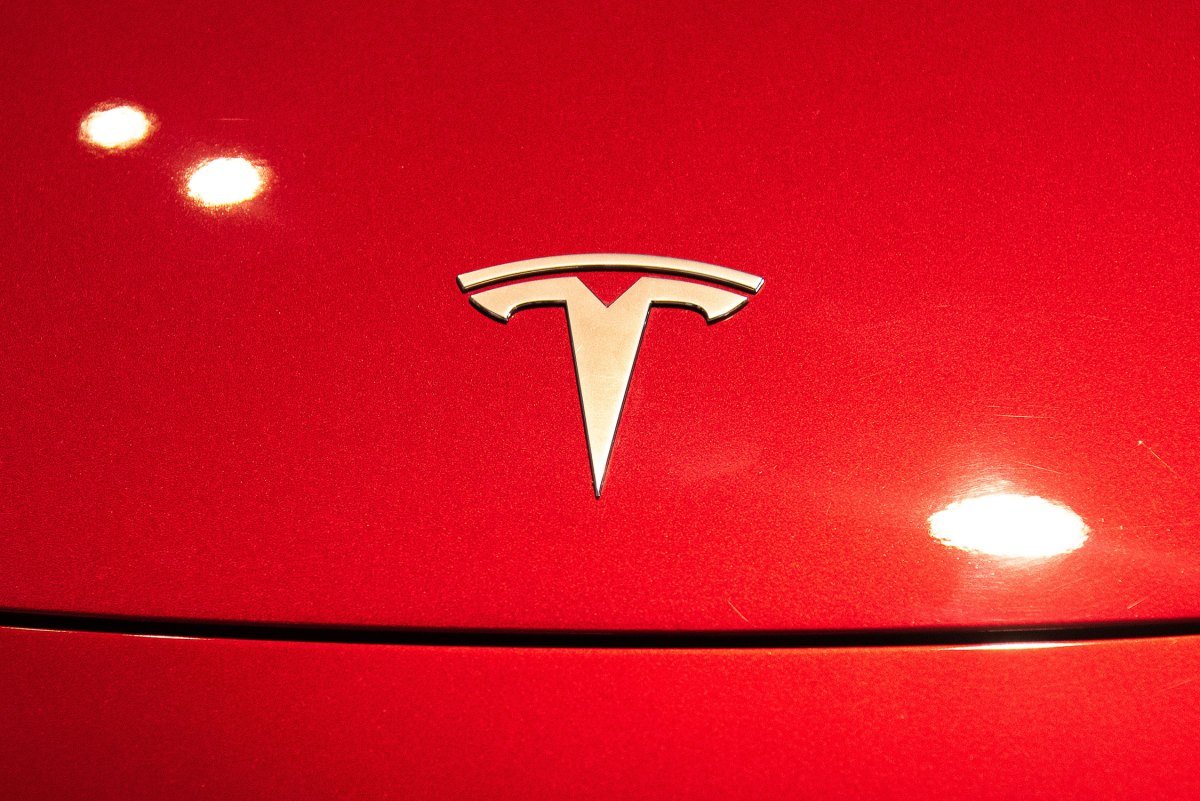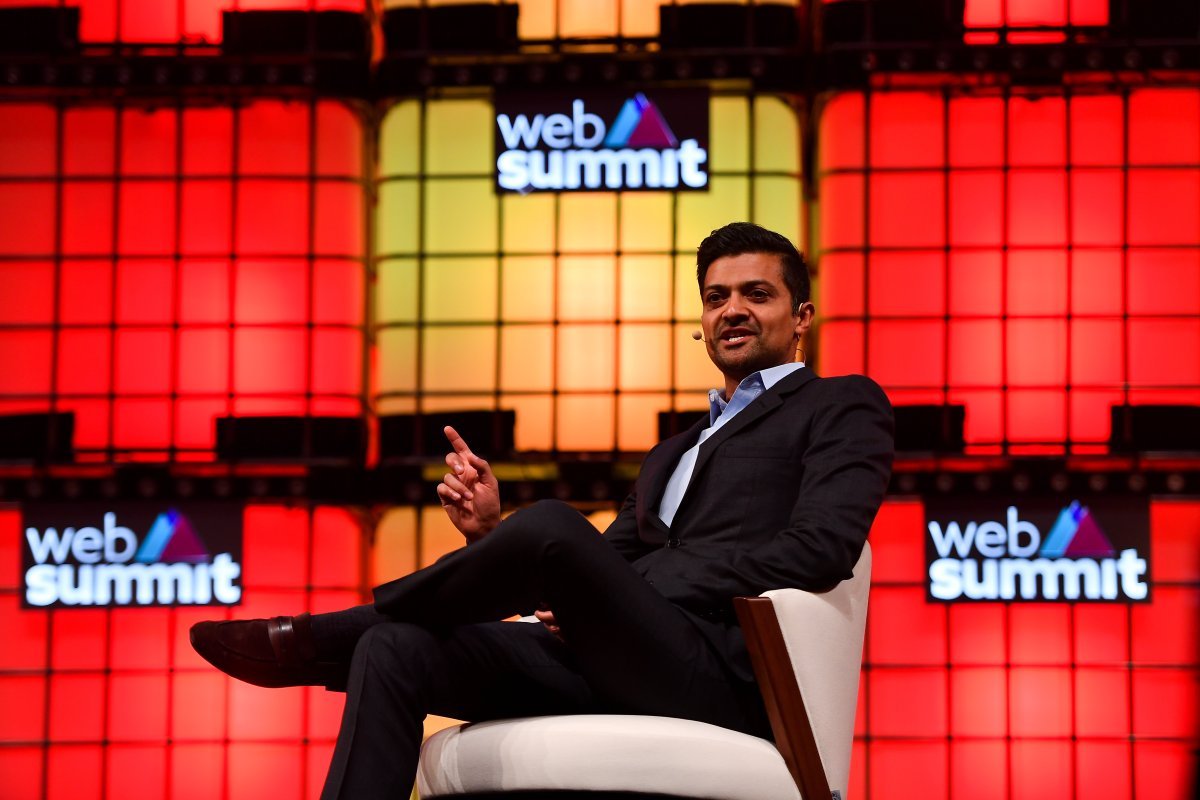Weeks after the revelation that Google paid Windsurf $2.4 billion to license its technology, while simultaneously hiring away its CEO and top talent, the deal’s implications are still rattling some founders and startup employees across Silicon Valley.
Google’s payment to the startup was effectively split in two equal parts, according to two people familiar with the deal. Investors’ portion was $1.2 billion.
The other half was in the form of compensation packages for approximately 40 Windsurf employees hired by the tech giant with a substantial portion of that $1.2 billion going to the startup’s co-founders, Varun Mohan and Douglas Chen, sources say.
The transaction was a good outcome for VCs, which included Greenoaks, Kleiner Perkins, and General Catalyst. Windsurf raised a total of about $243 million as of its last raise in 2024 that valued the company at $1.25 billion, which means the total return to investors was about 4x their original funding.
Greenoaks, which led Windsurf’s seed and Series A financings and owned 20% of the company, returned about $500 million on their $65 million investment in the startup, according to a person familiar with the matter. Kleiner Perkins, which led Windsurf’s Series B, returned about 3x its invested capital, according to another person familiar with the deal.
Google, Kleiner Perkins, and Greenoaks declined to comment. General Catalyst, Varun Mohan, and Douglas Chen didn’t respond to a request for comment.
Even so, most investors were aiming for a more significant win from the company.
Techcrunch event
San Francisco
|
October 27-29, 2025
In February, TechCrunch reported that Kleiner Perkins was in talks to lead a fresh round of funding, valuing the startup, which was then known as Codeium, at $2.85 billion. That deal didn’t happen, according to a person familiar with the matter, because Windsurf had instead agreed to be purchased by OpenAI for $3 billion.
As we all know now, the OpenAI acquisition unraveled and Google swooped in with its deal structured to offer investor returns and obtain talent and IP without acquiring stock.
But what’s rattling the Valley is this: While Google’s deal was good for the co-founders and VCs, it didn’t benefit a large portion of Windsurf’s approximately 250 employees, especially after they were expecting a payout from the sale to OpenAI.
In a typical acquisition, employees would get money for the shares they owned and would often have their vesting schedule accelerated. However, Windsurf employees who were hired over the last year didn’t receive a payout from the deal, these people said.
The Google deal was especially unsettling to approximately 200 Windsurf employees not hired by the search giant.
Instead of siphoning every penny of Google’s payment into their own pockets, investors opted to leave the company with over $100 million in capital.
One source says this was entirely funded by VCs, meaning their total payout was about $1.1 billion. However, another person said that the founders equally chipped in to leave the company with a nest egg from the Google payment.
Multiple people said that the money left for the company would have been sufficient to pay all remaining employees proceeds at the Google deal’s per-share valuation, regardless of how long they had been with the company. However, to have done that immediately would have been problematic, leaving the company with less cash to operate and — with founders and key people gone — with no investors ready to finance a new raise. The remaining leadership would likely have had to shut down after making such cash distributions, one of the people said. Meanwhile, another person claimed that the company had enough capital to pay out employees and continue to operate.
That difference of opinion is only part of the reason the deal became so controversial.
What’s more, at least some of the employees Google did hire, despite attractive pay and benefits, saw their stock grants revoked and their vesting timelines restarted. That meant they’d have to wait an additional four years for their total payout in Google stock, according to people familiar with the deal.
Some top VCs condemned the 3-year-old startup’s co-founders for not sharing their windfall with all the people who helped build the company.
“Windsurf and others are really bad examples of founders leaving their teams behind and not even sharing the proceeds with their team,” wrote Vinod Khosla on X. “I definitely would not work with their founders next time.”
After several days of limbo following the announcement of the Google deal, Windsurf’s remaining entity, under the leadership of interim CEO Jeff Wang, managed to sell itself to Cognition.
Cognition acquired Windsurf’s IP and product and brought on all staff not hired by Google.
While the exact deal terms of that sale were not disclosed, the acquisition allowed every employee to financially gain from the sale, according to a blog published by Cognition.
Two other sources estimated to TechCrunch that Cognition paid $250 million to acquire Windsurf’s remaining entity.
Cognition didn’t respond to a request for comment.






